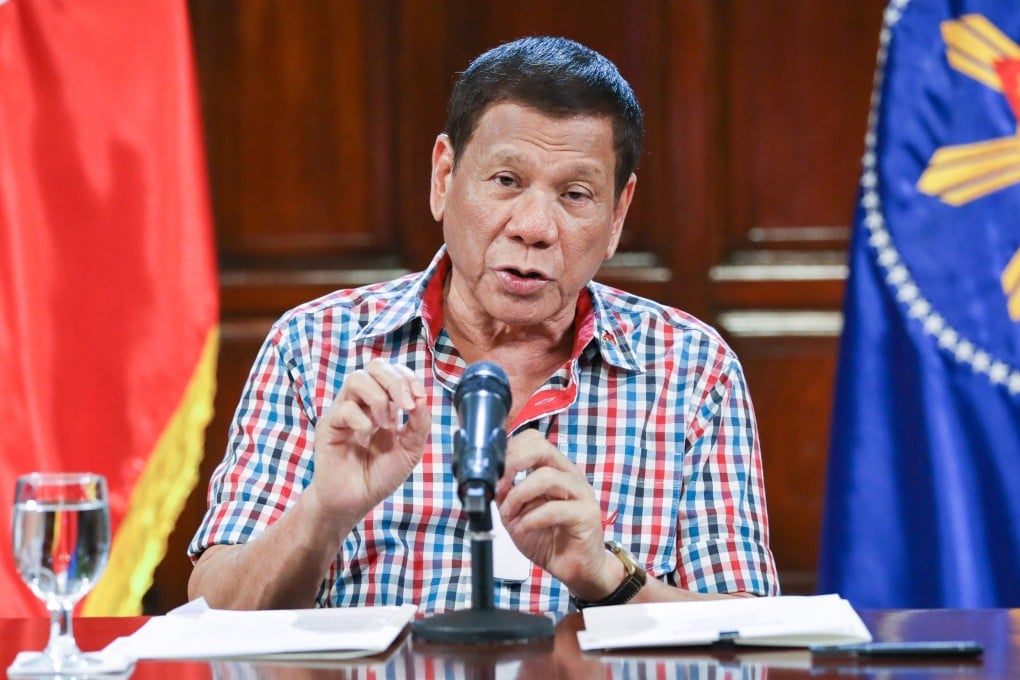Advertisement
Opinion | Duterte’s ‘shoot-them-all’ approach to Covid-19 threatens his legacy as poor suffer in the Philippines
- Under the lockdown, the social conditions of the poor have worsened dramatically, which culminated in Duterte threatening to shoot demonstrators demanding food
- While he remains a popular leader, vows of upholding ‘discipline’ ring hollow when the poor go hungry, leaving Duterte at a turning point in his presidency
4-MIN READ4-MIN

Philippine President Rodrigo Duterte’s response to the coronavirus crisis has been in line with his “macho populism” similar to that of Donald Trump’s in the US and Brazil’s Jair Bolsonaro.
Like these illiberal leaders, a lockdown of Metro Manila since mid-March, and soon thereafter the entire Luzon area and beyond, came only after Duterte’s initial denial of the growing threat from the rapidly spreading pandemic.
Once Duterte did finally act, it was in a haphazard and highly militarised fashion due to the lack of planning and heavy reliance on the military and police.
Advertisement
After the shutdown, many health workers had no way to get to work. When one enterprising mayor, Vico Sotto of Pasig, organised transport for them to get to hospitals, he received a summons from the Philippine National Bureau of Investigation for violating the lockdown.
Often lacking adequate protective gear and sufficient test kits, 27 health care workers have died and over a thousand have been sickened during the crisis.
Advertisement
Advertisement
Select Voice
Select Speed
1.00x
